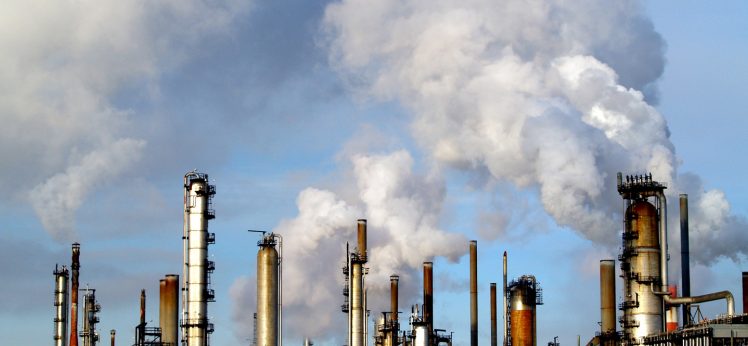
Canada’s Carbon Conundrum and the Difficult Path Forward
by David Hughes | June 7, 2021
Since the first oil well was drilled in 1859 humans have been on a roll. Global population has increased more than six-fold and energy use per capita has grown more than nine-fold. Accompanying this explosive growth in energy use was unprecedented economic expansion— since 1965 global GDP has grown 6.8-fold and per capita GDP has …
Canada’s emissions increase greatest in G7 since Paris: New report shows jobs and royalties declining with emissions rise
by Corporate Mapping Project | June 1, 2021
VANCOUVER – A stark change in direction is needed if Canada is to meet its emissions-reduction targets, says a new report by veteran earth scientist David Hughes. Going into the G7 Summit later this month, Canada and the US are the only G7 countries that have not reduced emissions since signing the 2016 Paris Accord. …

Canada’s Energy Sector
by David Hughes | June 1, 2021
Status, evolution, revenue, employment, production forecasts, emissions and implications for emissions reduction Instead of decreasing, Canada’s oil and gas sector is increasing production, which alone will cause Canada to exceed its Paris Agreement and Bill C-12 “net zero” targets, this new report by veteran earth scientist David Hughes finds. Not only is production increasing, the …
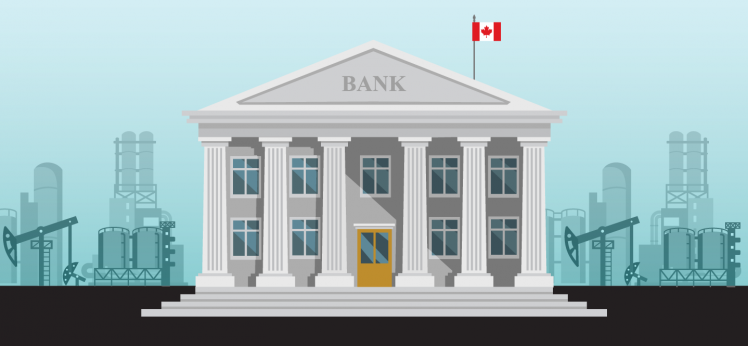
“Big five” Canadian banks provide big money to fossil fuel industry
by Donald Gutstein | April 29, 2021
Instead of playing a crucial role to help Canada achieve its Paris Agreement targets, Canada’s “Big Five” banks are actually hindering Canada’s progress on climate change. The Big Five banks—RBC, TD Bank, Scotiabank, BMO and CIBC—are among the most powerful corporate entities in Canada, certainly among the largest and most profitable. They‘ve been called a …

Fossilized Finance: How Canada’s banks enable oil and gas production
by Donald Gutstein | April 29, 2021
Despite Canada’s climate change commitments, the country’s “big five” banks continue to finance and support the expansion of fossil fuel industries. In fact, the extent of the banks’ support since the oil price collapse in 2014 shows that this backing hinders Canada’s progress on reducing emissions. These banks are perhaps the most powerful corporate entities …
Canada’s big banks hindering progress on climate change
by Corporate Mapping Project | April 29, 2021
VANCOUVER – Despite Canada’s climate change commitments, the country’s “big five” banks continue to finance and support expansion of fossil fuel industries, says a new Corporate Mapping Project report released today. The extent of the banks’ support since the oil price collapse in 2014 shows how that this backing hinders Canada’s progress on reducing emissions, …
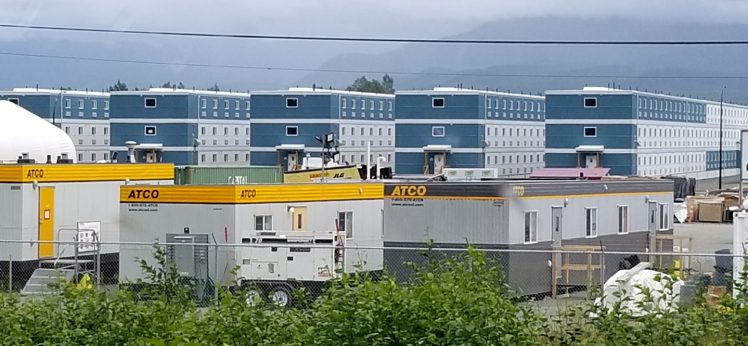
Fracking in BC’s northeast
by Marc Lee | February 23, 2021
Last summer I got out of Vancouver and toured northern BC. While the trip was mostly for pleasure, my inner economist could not resist some industrial tourism and visits to resource towns and major industrial sites that are the heart and soul of BC’s resource economy. Forestry dominates near Prince George, fishing at Prince Rupert, …

Time for zero carbon housing and buildings in BC
by Seth Klein and Marc Lee | January 21, 2021
BC needs a lot of new affordable housing and any build out should ensure that it meets the highest standards for energy efficiency, including zero-carbon operations. Residential, commercial and institutional buildings produce 11% of BC’s GHG emissions, mainly from burning natural gas for heating and hot water. Updated building codes are needed to make the …
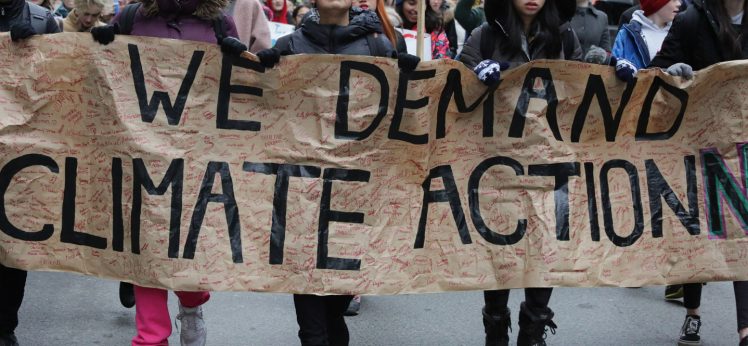
It’s 2021: Time to get serious about BC’s carbon emissions
by Marc Lee | January 7, 2021
In December 2020, the BC government released its first Climate Change Accountability Report, the result of 2019 legislation aimed at improving the reporting and oversight of climate action in BC. The report lacks accountability in one important respect: it is not an independent assessment and reads like previous BC government reports on climate action that …
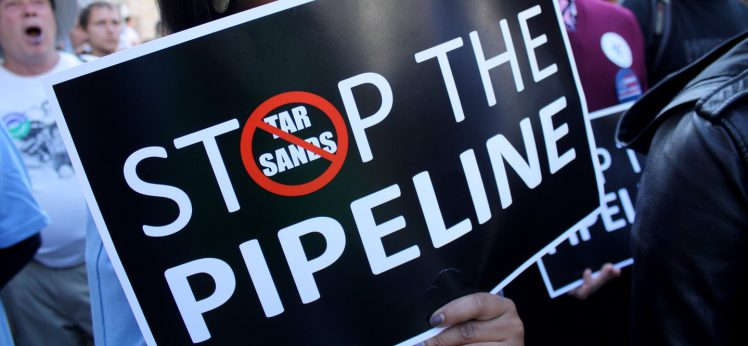
Production forecasts, pipelines and net-zero promises: Canada’s recipe for climate failure
by David Hughes | December 16, 2020
Canada launched Bill C-12 last month, a transparency and accountability act designed to achieve “net-zero” emissions by 2050. The government has also pledged to increase the planned 30 per cent emissions reductions by 2030 it committed to under the 2015 Paris Agreement even though as of 2018, the latest year for which data are available, …
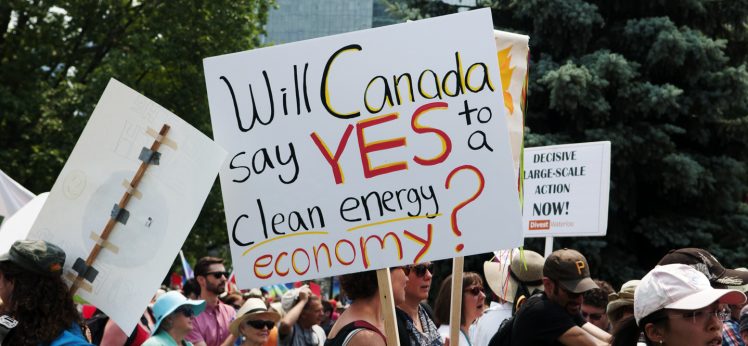
Just transition planning for a managed wind-down of fossil fuels in BC
by Marc Lee and Seth Klein | December 16, 2020
Resource development has long been central to BC’s economy. But commodity prices swing, industries consolidate and patterns of demand change over time. When they do, resource industry workers are often left holding the bag. The price is often much more than just involuntary unemployment for laid-off workers, but also includes mental illness, increases in domestic …

New federal climate plan hindered by commitment to fossil fuel production
by Marc Lee and Hadrian Mertins-Kirkwood | December 15, 2020
Five years after the negotiation of the Paris agreement, the federal government is finally starting to walk the talk on climate change. Canada’s updated climate action plan, released December 11, is the most serious piece of climate policy we’ve yet seen from this government. It comes alongside new measures announced by 70 other governments as …









